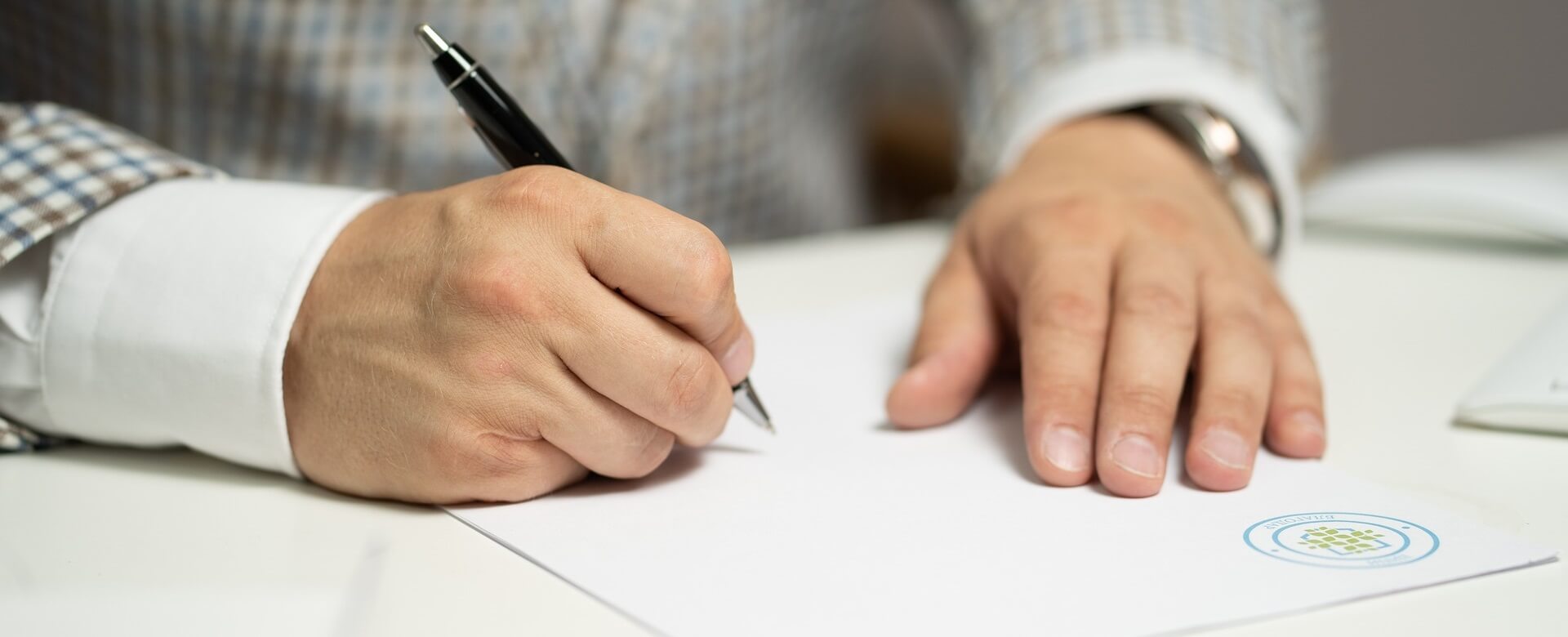
Do affidavits and oaths need to be notarized?
An affidavit is a voluntary, sworn statement made under oath, used as written evidence in court. An oath is a swearing or solemn declaration that confirms the truth of one’s statements or promises. So, do these documents need to be notarized? The answer is yes—in order to ensure their validity.
A notary public is an individual who has been appointed by the state government to serve as an impartial witness when documents are being signed. A notary can administer oaths and affirmations, take acknowledgments, and certify copy documents.
Why Use an Affidavit?
There are many situations in which an affidavit may be used, but one of the most common reasons to use an affidavit is to swear that a certain statement is true when there is no other way to prove it. For example, let’s say you want to file a lawsuit against someone but don’t have any evidence to back up your claim. In this case, you may be able to file an affidavit swearing under oath that the information you’re providing is true. This can be helpful in situations where there is no other way to obtain evidence or when time is of the essence (as in the case of filing a lawsuit).
Why Are Documents Notarized?
The main reason that documents are notarized is to prevent fraud. A notary public ensures that the person signing the document is indeed who they say they are, and that they understand what they’re signing. When you sign a document that needs to be notarized, you’ll first show the notary your photo identification so they can verify your identity. Then, you’ll sign the document in front of the notary. The notary will then put their own official seal on the document, which shows that it’s been witnessed and verified.
Types of Documents That Need to Be Notarized
There are many different types of documents that need to be notarized—and failure to do so can result in serious consequences. Some of the most common examples include:
- Wills
- Affidavits
- Deeds
- Contracts
- Mortgages
- Power of attorney forms
Secure and Reliable Notarization
While it may seem like an extra step, getting documents notarized is an important way to prevent fraud and ensure their validity. If you have any questions about whether or not a document needs to be notarized, it’s always best to err on the side of caution and get it done anyway—better safe than sorry!
**Disclaimer: Notary Keeper does not confirm the accuracy of the document(s) being notarized outside of the notarial certificate. We do not legalize documents. Notary Publics cannot provide loan or legal advice, accept fees for legal advice under any circumstances, certify copies of documents recorded in the public records or notarize without an ID unless personally known by the Notary Public.

